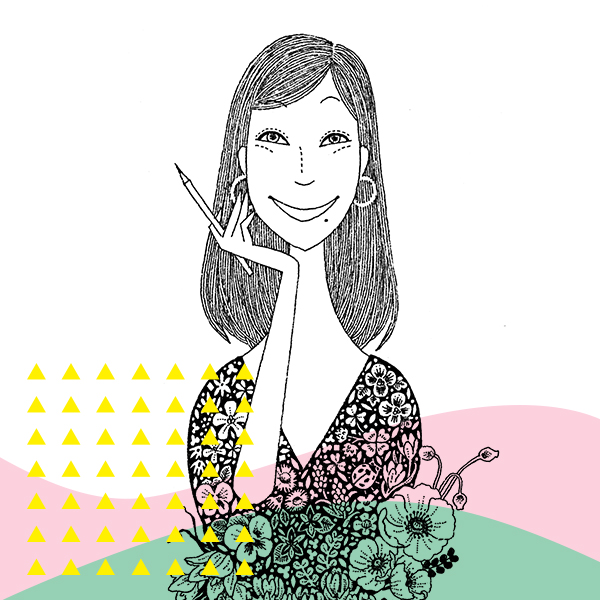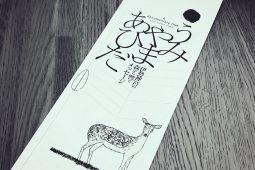As an English learner, when I learn English or when I talk to foreigners, I feel lost in translation (it is impossible to transfer the whole culture correctly perfectly, something always is lost). After all, there are limits to words, and it is hard to convey to the context that this word after understanding the background deeply is hard to convey.
Today is about the word “Culture” I often use.
Culture (in Japanese)
Sometimes it means human intellectual refinement and spiritual progress and its outcome, in particular products of art and literature, but today it is wider, including the behavioral styles and material aspects shared by members of a society It often refers to a lifestyle. The culture defined in this way consists of languages, thoughts, beliefs, customs, taboos, laws, institutions, tools, techniques, works of art, rituals, rituals and so on.
(Britannica International Encyclopedia of Encyclopedia)
1. The whole style of behavior or lifestyle that is learned, shared and communicated by people making up society. Language, customs, morality, religion, various institutions etc. are specific examples. In cultural relativism, each human group has an individual culture, and each individual culture has its own value, while there is no difference between high and low · superiority / inferiority. Culture.
2. Those created mainly from spiritual activities such as academics, arts, religion, morality.
3. The world opens up, living is comfortable and convenient. Civilization opening up.
4. Over the other words, express highlight, convenience, new style and so on.
(Sanseido Daijibayashi)
Culture (in English)
1. The way of life, especially the general customs and beliefs, of a particular group of people at a particular time
2. Music, art, theatre, literature, etc.
3. Cells, tissues, organs, or organisms grown for scientific purposes, or the activity of breeding and keeping particular living things in order to get the substances they produce
(Cambridge Dictionary)
noun
1. the quality in a person or society that arises from a concern for what is regarded as excellent in arts, letters, manners, scholarly pursuits, etc.
2. that which is excellent in the arts, manners, etc.
3. a particular form or stage of civilization, as that of a certain nation or period:
4. development or improvement of the mind by education or training.
5. the behaviors and beliefs characteristic of a particular social, ethnic, or age group:
6. Anthropology. the sum total of ways of living built up by a group of human beings and transmitted from one generation to another.
7. Biology.
a. the cultivation of microorganisms, as bacteria, or of tissues, for scientific study, medicinal use, etc.
b. the product or growth resulting from such cultivation.
8. the act or practice of cultivating the soil; tillage.
9. the raising of plants or animals, especially with a view to their improvement.
10. the product or growth resulting from such cultivation.
verb (used with object)
11. to subject to culture; cultivate.
12. Biology.
a. to grow (microorganisms, tissues, etc.) in or on a controlled or defined medium.
b. to introduce (living material) into a culture medium.
(Dictionary.com)
How do you think?
In Japan, almost all of people think “culture” may mean “human intellectual refinement and spiritual advancement and its result, in particular products of art and literature, but today it is wider Many people associate with “a lot of people often refer to a lifestyle including the behavioral styles and material aspects shared by members of society.” as referring to the definition of the dictionary. I especially like art and literature, so the deliverables, the acts of creating them and the activities of people are also so? Although I thought, when speaking with English speakers, it was slightly different in nuance and I felt that the conversation felt slightly misguided, so I looked it up in a dictionary.
As you can see in the above English dictionary, I understood that it includes meaning of sophistication, education, nutrition, education, training and so on. Culture is a noun in Japanese, but in English, the meaning of the verb is strong for me, it is an impression that includes the act actively studying and improving. A feeling rather than a language, I feel like ah! that it is easier to understand.
Even though Japanese is difficult to understand deeply, even if it becomes a foreign language it will even impossible to replace it with a different language. But that is why I think that it will be fun to try to figure out, or there will be fun when we can understand by communication that is not a language. Even if you do not rely on languages, the minimum things will be conveyed with feelings. Perhaps I need to learn about old ladies in Osaka! (They are so good at communicating)

















Leave a Comment